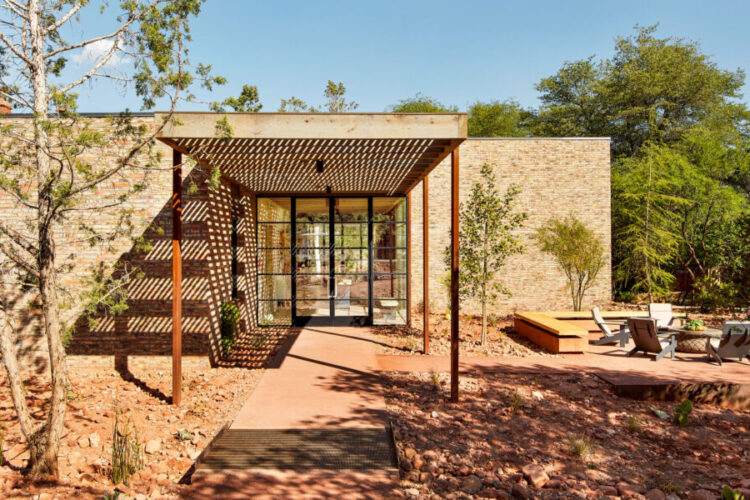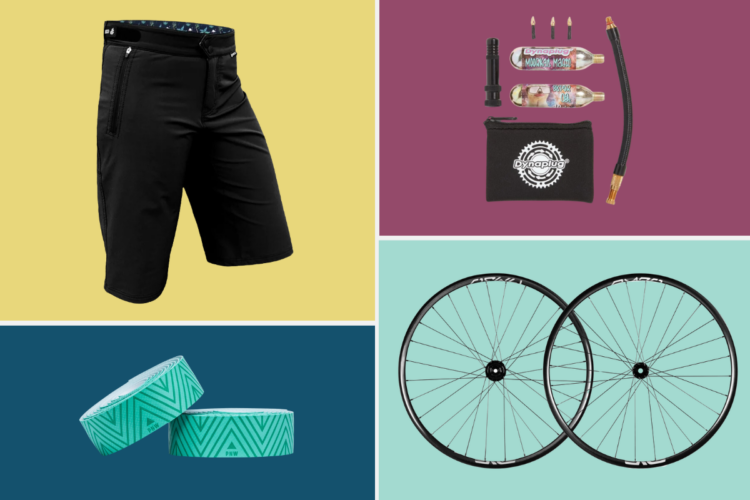Given the large amount of money you need to plop down to buy a good mountain bike, the selection of a shop to take it to when it needs a little TLC is almost as important as choosing a pediatrician for your first-born child. Of course, just like with the kid, you might be able to save a few bucks if you can do the work yourself. I suggest that every new mountain bike owner (or new parent) start with a good repair manual. Topping my list are the Big Blue Book of Bicycle Repair by Park Tool, and the Mayo Clinic’s Guide to Your Baby’s First Year. Both include easy-to-follow directions, and have plenty of diagrams and photographs to help you along the way. And don’t be afraid to buy some of the specialized tools you’ll need to do the work—like a cassette removal tool, a cable and housing cutter, or a rectal thermometer. These tend to pay for themselves in savings on the very first job.

Now, if you do find that you need a little professional help with your beloved (or your child), you’re well advised to seek out a competent technician to do the work… and not everyone who hangs out a shingle is necessarily up to snuff. There are some good ones out there, but there are also plenty of hacks and quacks. Being the owner of no less than 10 bikes and at least 3 kids (?), I feel I’m qualified to offer the following advice:

Ask around. Sure, you can flip through the Yellow Pages and hope your gamble pays off, but you’ll be better off if you consult the locals. Whether you’re at the playground on the corner or the trailhead parking lot, there’s a wealth of good advice to be gleaned from those who’ve been around the block a time or two. If there’s one in your area, the local MTB club will definitely be your best resource
Seek experience. My grandpa always said he’d never visit a doctor that didn’t have some grey hair on his head (yeah, he was a little sexist). The same holds true for bike shops. It stands to reason that a shop that’s been around for decades must be doing something right, ¿no?
Consult the web. If the town you live in is big enough to offer a choice of bike shops, chances are there’ll be some reviews of those shops online. One or two testimonials doesn’t amount to much, but a large number that either sing their praises or warn you to stay away almost certainly merit some consideration.
Ask a few questions you already know the answers to. I asked a mechanic recently if it was okay to re-pack my wheel bearings with marine-grade grease (which is an excellent lubricant with superior water repelling qualities), and his answer was: “No.” When asked who not, he replied, “Because it’s not made for bikes.” I bought my brake pads and mentally checked the “No” column next to that shop’s name.
Select a shop that specializes in mountain bikes. Although all bikes share much in common, MTBs and the conditions they’re ridden in demand that their mechanics possess some specialized knowledge. A good MTB mechanic will, for example, be familiar with the suspension components other types of bikes just don’t have. Also, he or she can help you fit and tune your bike to match your body and particular style of riding. Even things like chain and bearing lubricants are often different for a bike that is regularly subjected to mud baths and water crossings than for one that never leaves the bone-dry tarmac.

Whatever you do, don’t forget that your baby is your baby. Whether it’s the two-tired type with a crank, a shock, and a spring-loaded damper on its rear end, or the type that gets cranky when it’s too tired and packs a shocking load in the Pamper on its rear end, the message is the same: He/she/it is way too valuable to entrust to just anyone.
Your best bet, in my opinion, is to learn to do the work yourself. But even then you’ll sometimes be faced with a job—like polishing the ports on a hydraulic shock or performing a circumcision—that’s best left to a professional. If the work’s done correctly, these components will provide years of dependable service. Done incorrectly, and they’ll only be a source of disappointment, frustration and embarrassment when called into duty.
Having a good LBS to rely on in your moment of need is an invaluable asset for any MTBer, and you’d be wise to do your homework when selecting one. The only task remaining is to find one that’ll accept you health insurance!
What do you look for when choosing a bike shop?

















